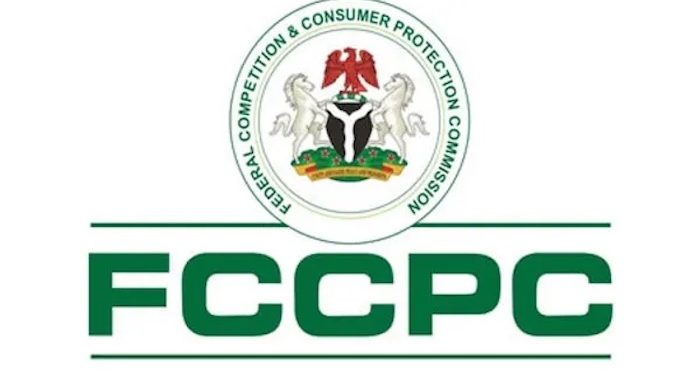Nigeria’s digital lending sector is set for a major shake-up as the Federal Competition and Consumer Protection Commission moves to cap operators at a maximum of five lending applications. The new guideline, part of a broader effort to sanitize the fast-growing digital credit space, carries a firm compliance deadline of January 5, 2026, signaling potential consolidation among lenders that currently operate far beyond the limit.
Some digital lenders in Nigeria currently manage six to eight apps, often under multiple brand identities. This practice has complicated regulatory oversight, with challenges ranging from consumer data misuse to aggressive loan recovery practices and opaque pricing structures. The Commission’s new rules aim to streamline operations, reduce fragmentation, and improve accountability.
The guidelines specify that in the case of joint ventures providing consumer lending services, the total number of lending applications under the venture cannot exceed five. Individual members of a joint venture are also prohibited from independently operating additional apps. The regulation builds on the FCCPC’s Digital, Electronic, Online and Non-Traditional Consumer Lending Regulations 2025, released in July, and seeks to prevent companies from operating multiple unregistered platforms that could facilitate illegal practices.
Financially, the guidelines introduce a tiered approval fee for app registration. Standard approval covers up to two apps, while an additional fee of N500,000 applies for each extra application up to the five-app cap. This structure is intended to incentivize lenders to consolidate their operations and channel resources toward compliance, customer support, and responsible lending practices. The rules also require full disclosure of all active and planned apps during license renewal, with failure to declare any platform risking denial, revocation, or administrative penalties. In addition, the FCCPC may direct app distribution platforms to delist non-compliant applications, a measure previously enforced in coordination with Google and Apple.
Industry insiders note that multiple apps have been a common strategy for targeting different markets or loan products, including nano loans, business credit, insurance, and savings solutions. While this diversification allowed lenders to reach varied customer segments, it also made monitoring difficult and enabled some illegal activities. The new cap is expected to force consolidation, shutting down surplus apps and migrating users to compliant platforms.
For consumers who rely on digital credit, the move carries both benefits and potential short-term challenges. While fewer apps may reduce immediate choices, consolidation is expected to improve data protection, strengthen accountability, and limit harassment from lenders. However, service disruptions are likely during app migrations and as operators retire non-compliant platforms ahead of the January deadline.
The FCCPC had previously set October 31, 2025, as the deadline for all digital lenders to register or face fines of N100 million. The rush to meet this date had increased registered lenders in the country to 492 by October. The extension to January 5, 2026, along with the detailed guidelines, provides operators with additional time to align with the Commission’s compliance standards, which are designed to stabilize the market, protect consumers, and support responsible digital lending practices.










